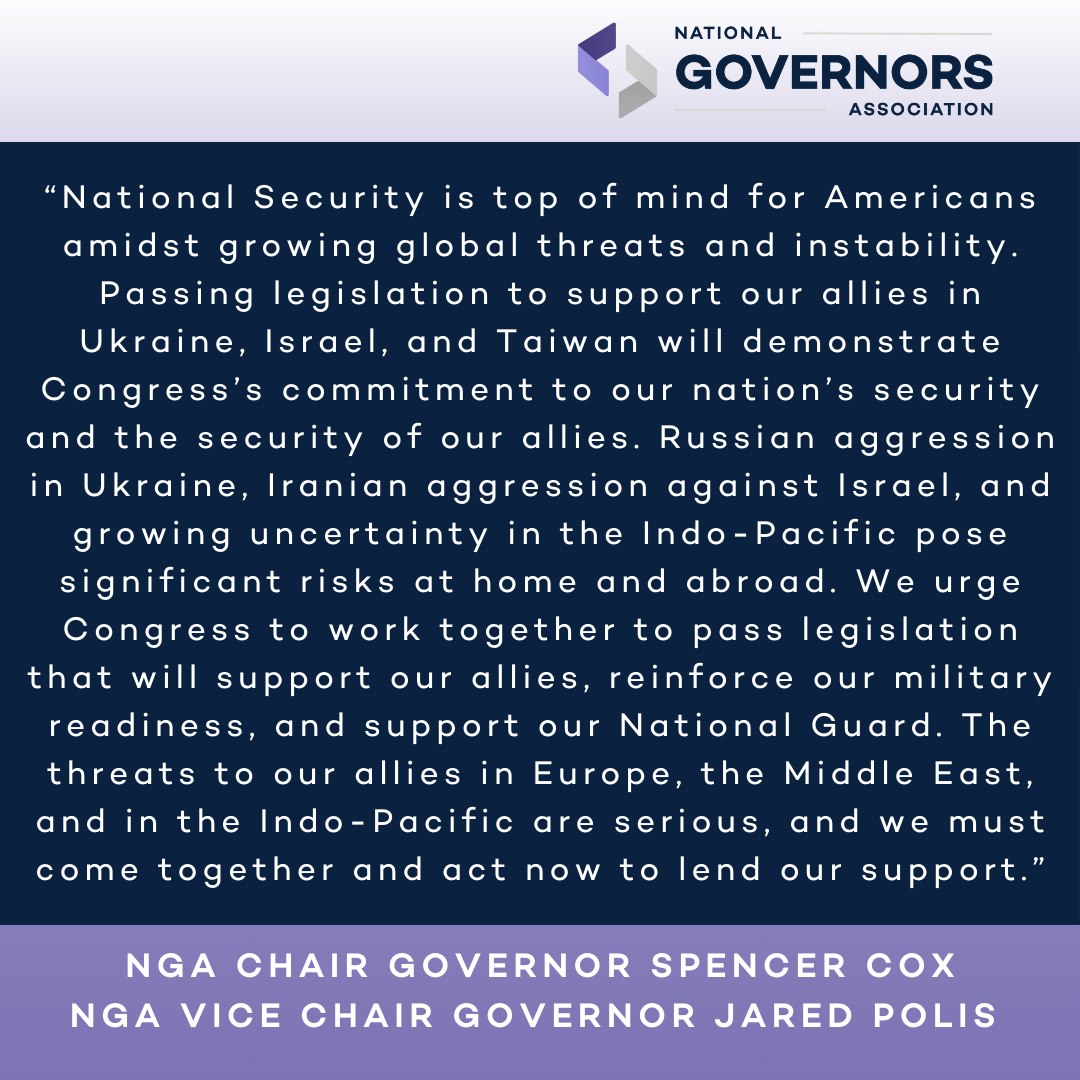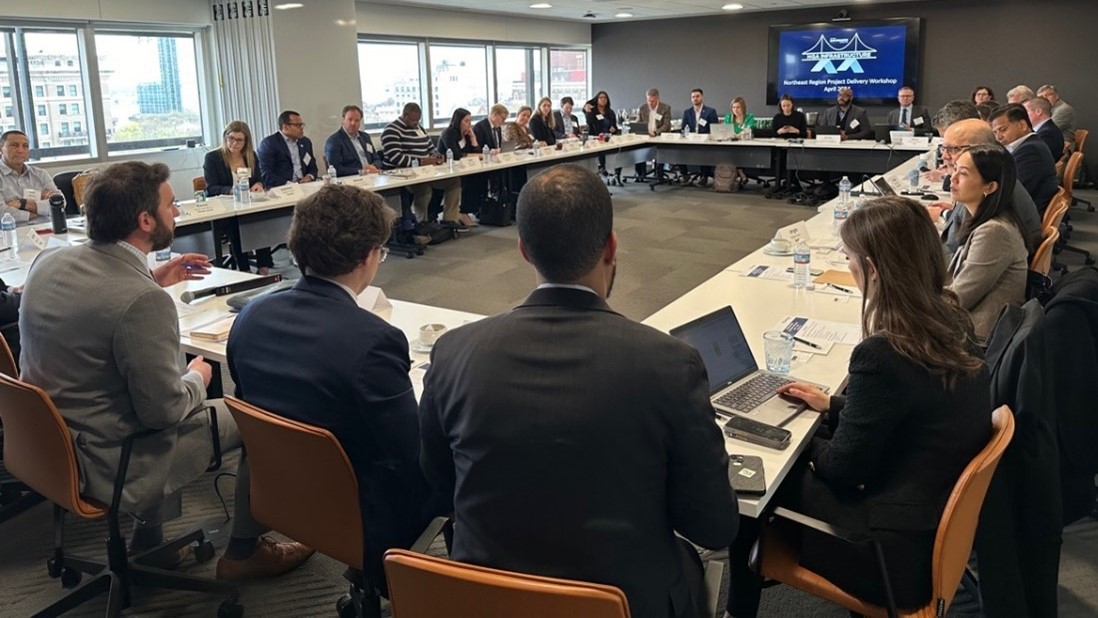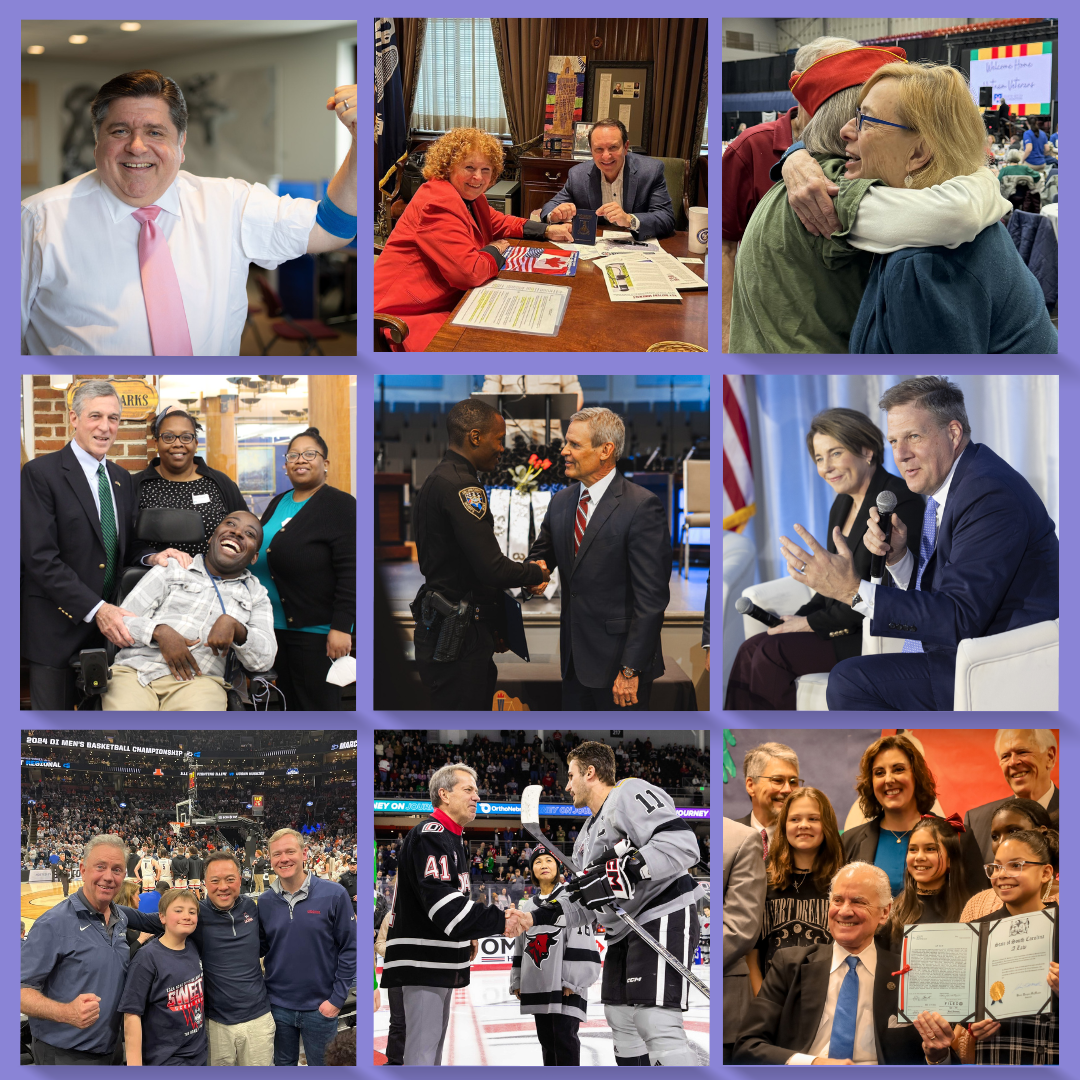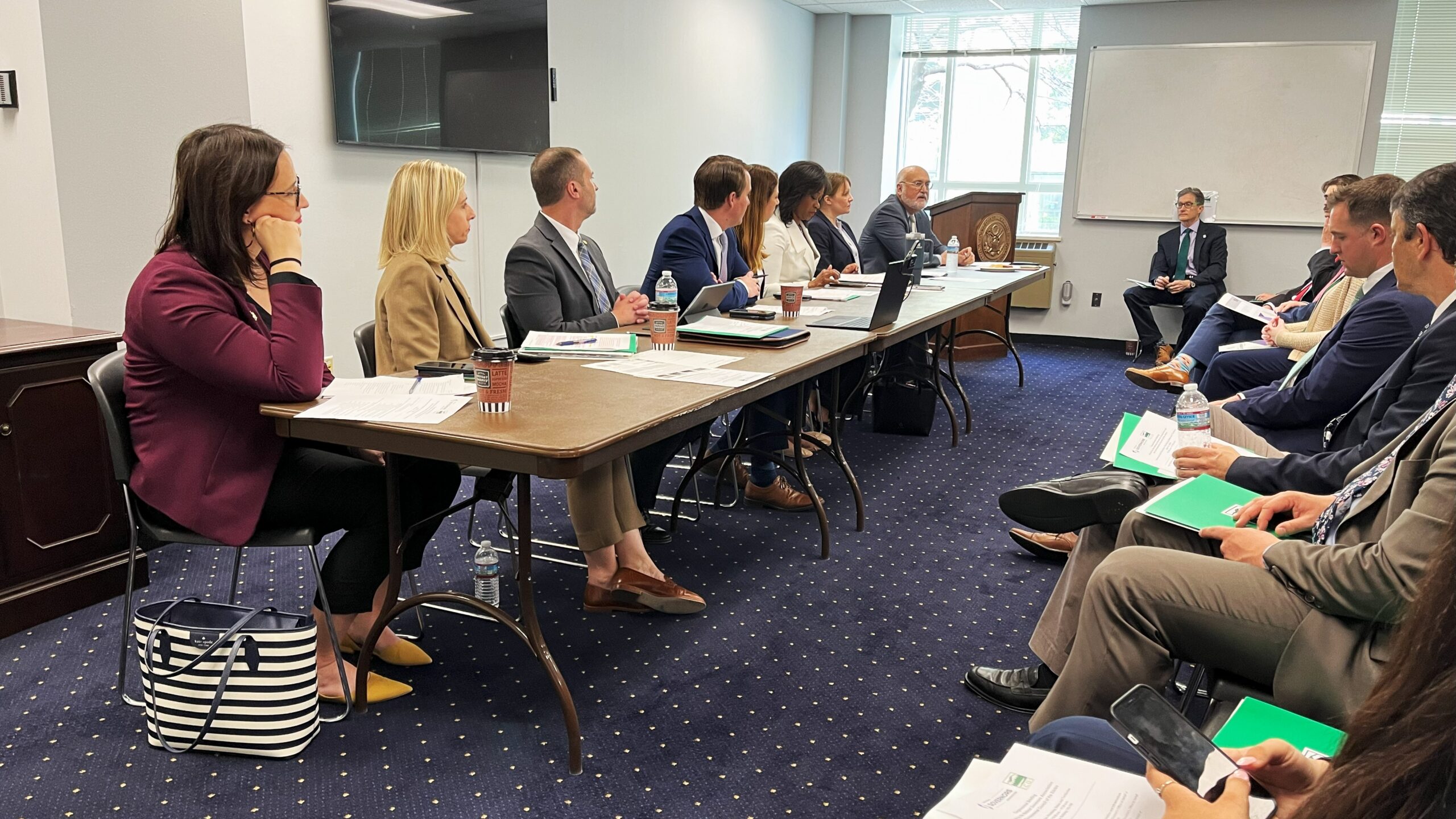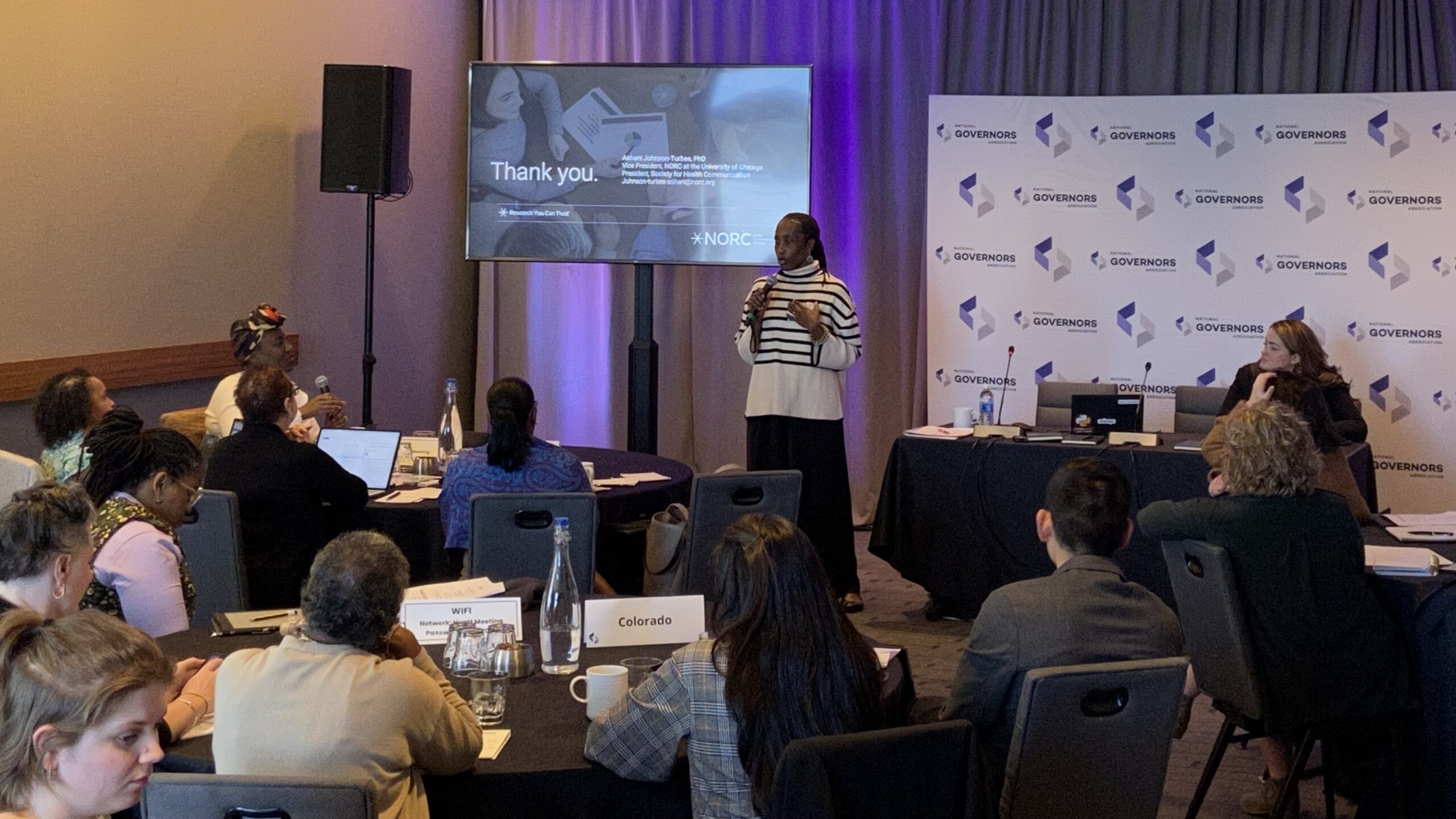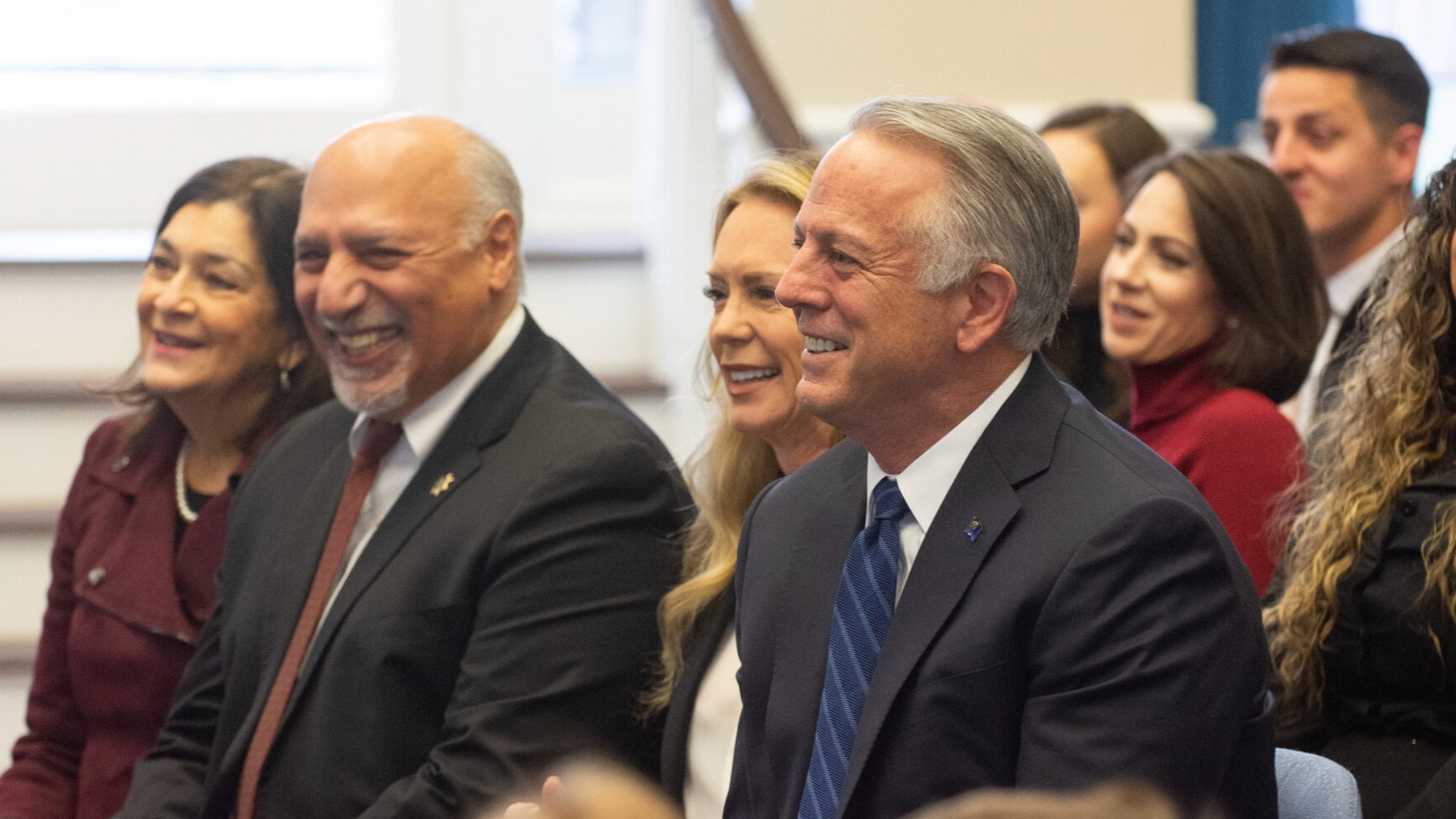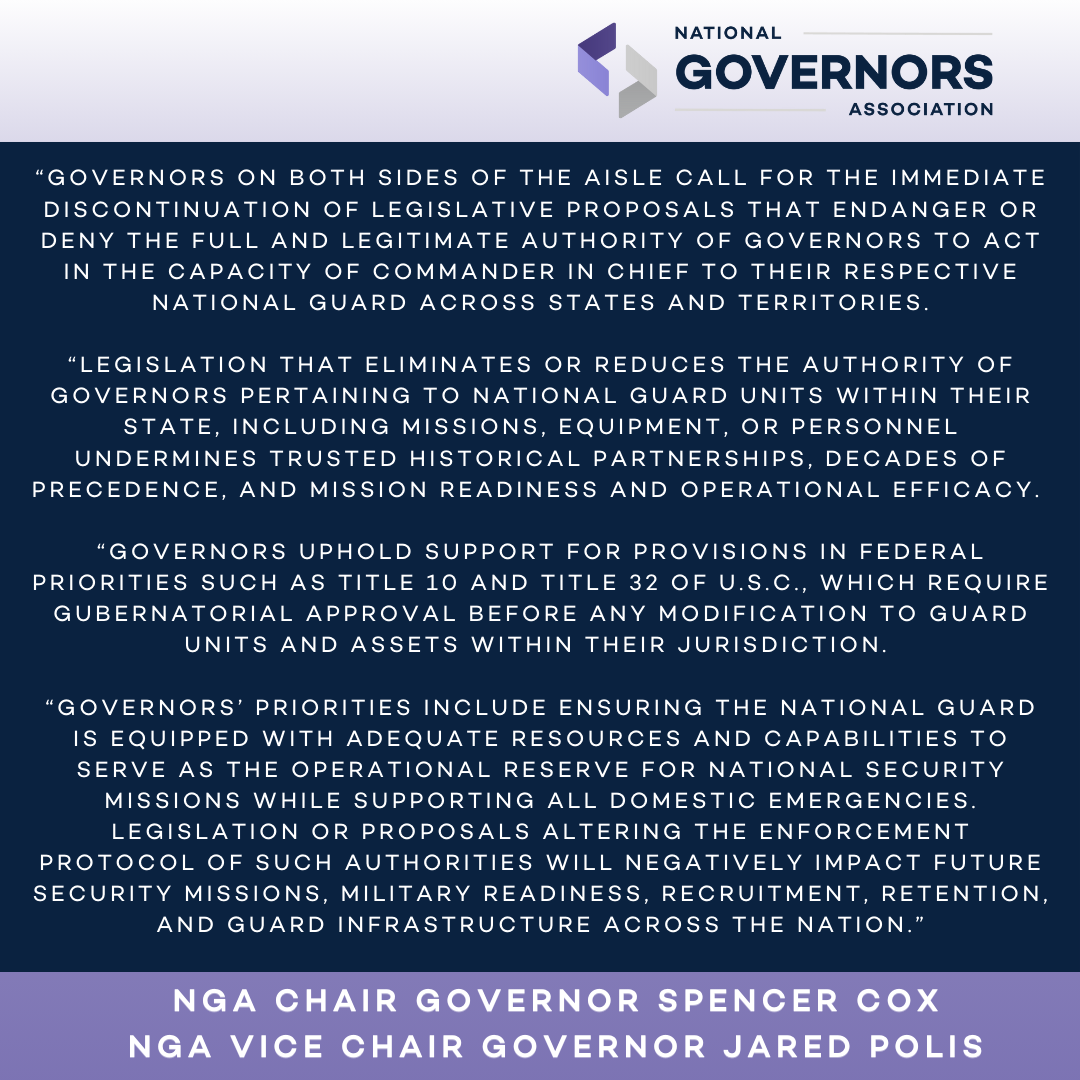Dear Chairman Shuster, and Ranking Member DeFazio:
On behalf of the state and local elected leaders that our organizations represent, we appreciate the opportunity to provide input as the authorization process for the Water Resources Development Act (WRDA) continues. We recognize the substantial benefits provided to the nation by our water infrastructure and hope to work together to ensure passage of a new bipartisan WRDA bill in 2018. As your committee develops legislation, we offer the following as a framework for the proposal.
Biennial Authorization
WRDA is critical in helping to protect, maintain and further develop our water infrastructure systems including, ports, waterways, and clean and safe drinking water. It provides states and local governments with added stability and certainty to meet water infrastructure needs while also supporting the safety, environmental protection and economic development of our communities. Following a seven-year gap in the passage of WRDA, Congress was able to enact both the Water Resources Reform and Development Act of 2014 (WRRDA) and the Water Infrastructure Improvements for the Nation Act of 2016 (WIIN) on a bipartisan basis. We strongly urge Congress to stay this course and approve bipartisan WRDA legislation in 2018, and continue to authorize WRDA every two years moving forward.
State Revolving Funds
WRDA is an opportunity to continue robust support for programs state and local governments depend on most, such as the Drinking Water and Clean Water State Revolving Funds (SRF). The SRFs are an integral state-federal partnership, ensuring a wide range of water quality projects for our citizens. In these times of tight federal and state budgets, SRFs’ permanent, low-cost financing provides opportunity for critical water infrastructure projects. We appreciate the increase included in the 2018 Omnibus and urge authorization and continued support in WRDA.
Intergovernmental Collaboration
Recognizing the role of state and local governments in implementing federal laws, in 1995, Congress passed the Unfunded Mandates Reform Act (UMRA) to promote conversations between federal, state and local governments to limit the number of unfunded federal mandates imposed on states and localities. Additionally, in 1999, Executive Order 13132 was signed, explicitly requiring all federal agencies to formally consult with state and local governments on proposed regulations that will have a substantial direct impact on state and local governments. We urge Congress to advance these federalism principles and ensure that the U.S. Army Corps of Engineers (the Corps) formally consults with state and local governments as it develops policies and projects that directly impact state and local governments. We believe that meaningful consultation with state and local governments will create a greater consensus and increase the effectiveness of the Corps overall.
Maintenance and Modernization of our Nation’s Ports and Harbors
The accumulation of harbor tax receipts at the federal level is not only a break in faith from the purpose of the Harbor Maintenance Tax (HMT), but also results in the imposition of a competitive burden without providing needed improvements to achieve effectiveness to offset added taxes. While an estimated $1.7 billion in annual HMT revenue is currently being collected specifically to meet the nation’s annual authorized harbor maintenance needs for harbors of all sizes, annual appropriations have been significantly less than annual collections. We oppose this accumulation and urge Congress to make mandatory full use of the Harbor Maintenance Trust Fund for its original intent, ensuring that our nation’s ports and harbors do not continue to fall into disrepair.
Flooding Mitigation and Resilience
With the rise in increasingly catastrophic weather events, such as heavy downpours and severe storms, intense flooding has become an unwelcome reality for a growing number of states and local governments. We support congressional efforts that provide the necessary aid to states and local governments to ensure that they are able to mitigate potential flood and storm damage. As these severe weather events become more commonplace, our members and their constituents ask for a strong federal partner in making our communities more resilient.
We look forward to working with you to ensure that the safety and modernization our nation’s water infrastructure needs remain a top national priority. If you have any questions please don’t hesitate to contact us: Alex Schaefer (NGA) at 202-624-3534 or aschaefer@nga.org; Kristen Hildreth (NCSL) at 202-624-3597 or kristen.hildreth@ncsl.org; Julie Ufner (NACo) at 202-942-4269 or jufner@naco.org; Carolyn Berndt (NLC) at 202-626-3101 or Berndt@nlc.org; Judy Sheahan (USCM) at 202-861-6775 or jsheahan@usmayors.org.
Sincerely,
Scott D. Pattison, Executive Director and CEO, National Governors Association
William T. Pound, Executive Director, National Conference of State Legislatures
Matthew D. Chase, Executive Director, National Association of Counties
Clarence E. Anthony, CEO and Executive Director, National League of Cities
Tom Cochran, CEO and Executive Director, United States Conference of Mayors


